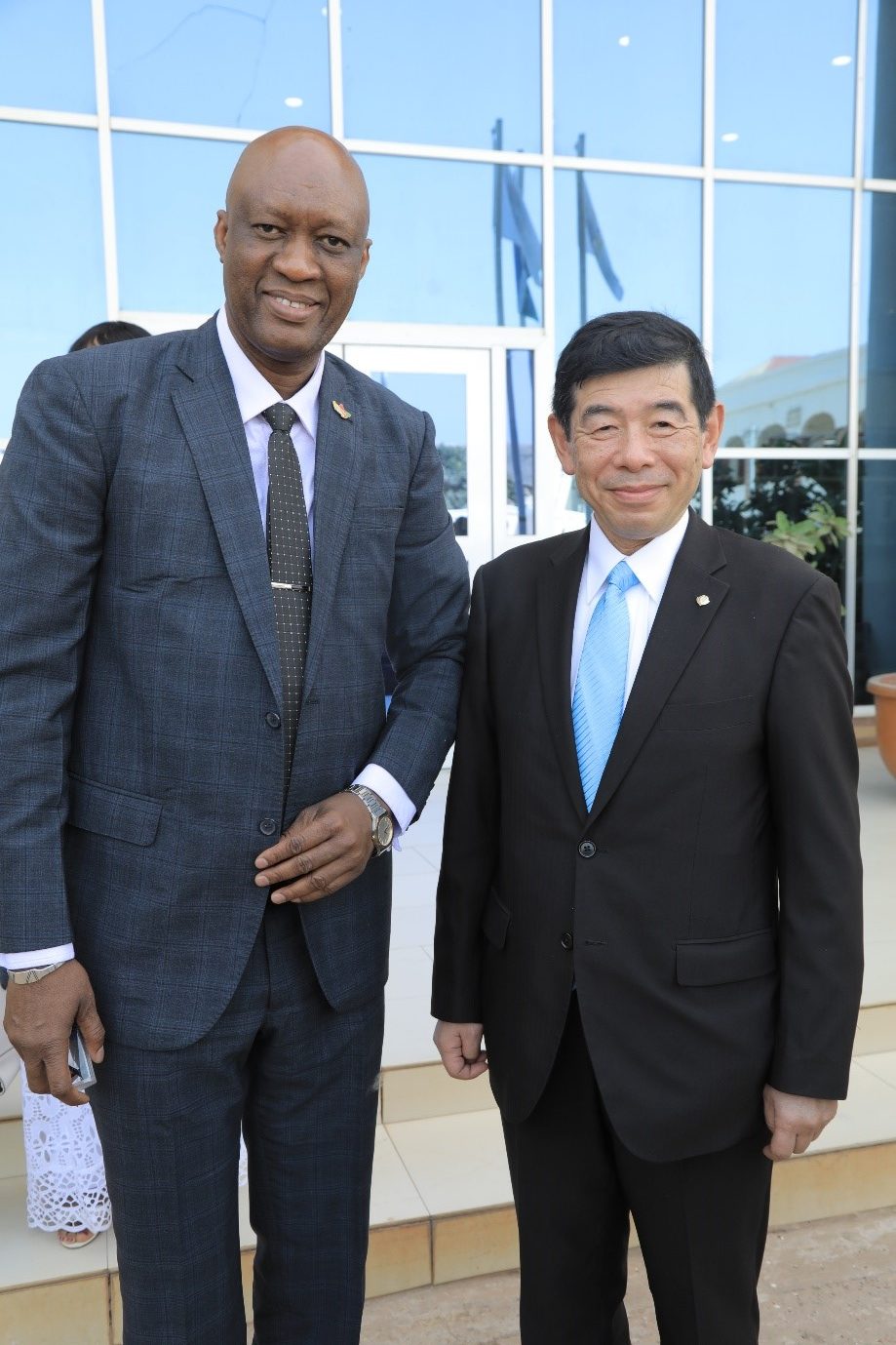By Sariba Manneh
The National Environment Agency on Thursday celebrated the World Environment Day (WED), with the theme “Stop Air Pollution”.They cannot stop breathing, but they can do something about the quality of air that we breathe.
Momodou Jama Suwareh, Executive Director of NEA, said the commemoration of WED on June 5 every year is one of the principles undertaking by the United Nation Environment Programmed (UNEP) to mobilize and stimulates worldwide awareness of the environment and enhance political attention and action on Air Pollution.
According to him, air is the natural resource which is use on a daily basis whether sleeping and not paying any tax for it.
He added that due to it free access, human action have been a major driver in changing its quality thus leading to major health implication, discomfort, and stress.
‘In Africa, research has shown that air quality in rural areas is generally within acceptable limits, but it has an areas where outdoor an indoor air quality is deteriorating rapidly due to creasing traffic volumes and use of firewood and other biomass as sources of energy in densely populated urban neighbourhoods,” he stated.
Suwareh further said NEA will continue monitoring enhancement for sustainable environmental standards, strengthening and enforcing its regulation to address air pollution and all others environmental related problem in the Gambia.
Lamin B Dibba, Minister of Environment, Climate Change and Natural Resources said the celebration of WED provides an opportunity to broaden the basis for enlightened opinion and responsible conduct by individuals, enterprises and communities in preserving and enhancing the environment.
“Since it began in 1974, it has grown to become a global platform for public outreach that is widely celebrated in more than 100 countries.
According to air pollution fact from the united the United Nations, 92 percent of people worldwide do not breathe clean air, as it costs the global economy $5trillion ever year in welfare costs,” he pointed out.





